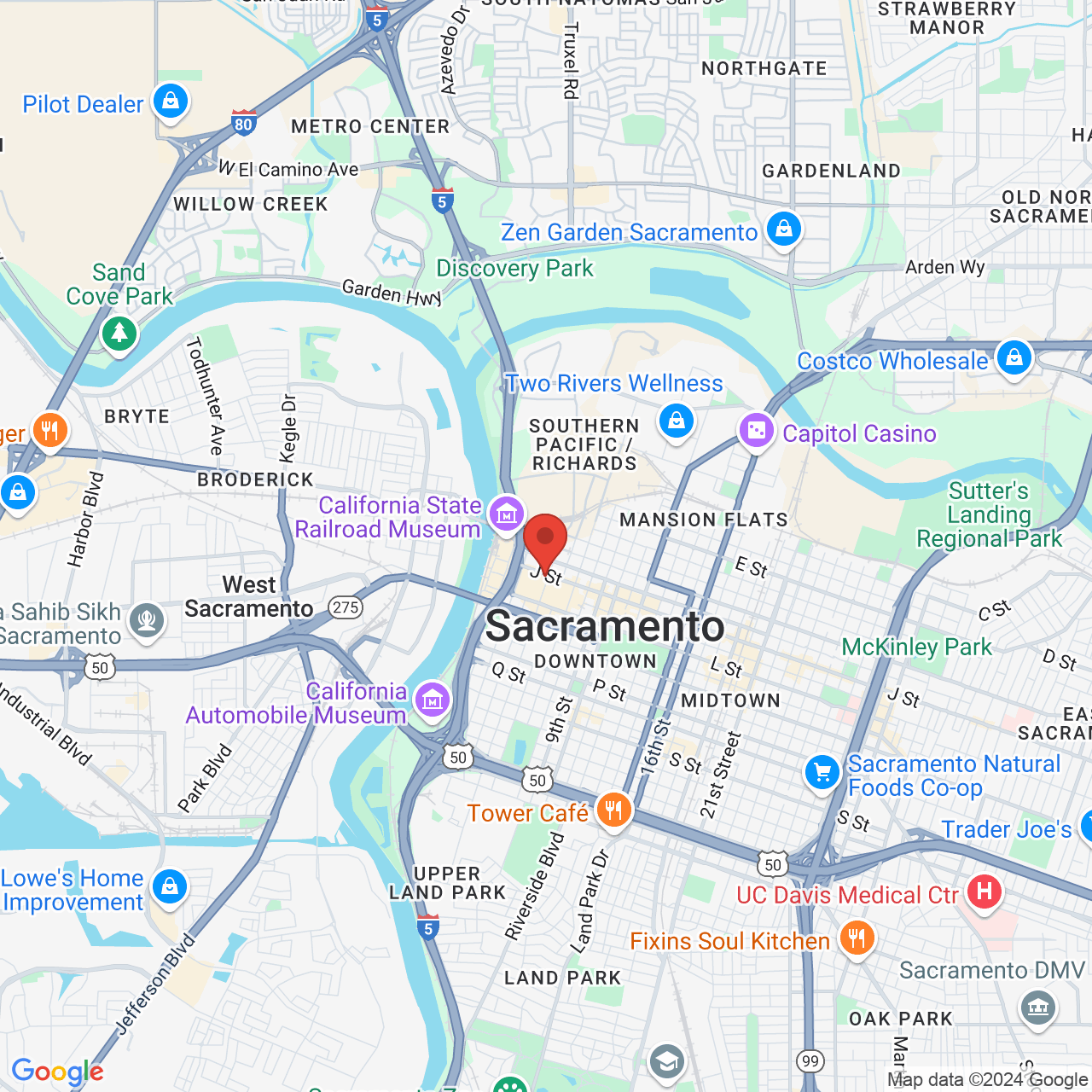Workers' Compensation Retaliation
 Workers’ compensation helps employees who were injured on the job. The benefits provide some income as they recuperate, and allow workers to recover with dignity and peace of mind. While most companies are okay with injured workers filing claims, there are cases of employers retaliating against employees over workers’ compensation benefits. When this happens, it’s crucial to contact the Sacramento, CA, legal office of Thyberg Law.
Workers’ compensation helps employees who were injured on the job. The benefits provide some income as they recuperate, and allow workers to recover with dignity and peace of mind. While most companies are okay with injured workers filing claims, there are cases of employers retaliating against employees over workers’ compensation benefits. When this happens, it’s crucial to contact the Sacramento, CA, legal office of Thyberg Law.
Gregory A. Thyberg is a skilled wrongful termination attorney who is committed to the workers of Northern California. Below, we discuss why employers may retaliate against employees who file workers’ compensation claims, different forms of workplace retaliation, and how to prove that your employer has taken retaliatory action against you.
Why Employers May Be Upset about Workers’ Compensation Claims
There are two common reasons why employers may be upset that an employee filed a workers’ compensation claim. First, employers may have higher insurance costs because of the workers’ compensation claim. Second, the employer may have to make more payments to the injured employee if the employer also serves as the direct insurer.
While one may understand these financial concerns, they are no justification for retaliation.
About Employer Retaliation
Employer retaliation refers to any kind of unfair treatment at the workplace that an employer uses as retribution against an employee. Think of it as a type of revenge at the workplace.
Examples of Retaliation
Some common examples of employer retaliation include:
- Termination
- Demotion
- Rejecting promotion
- Denying a pay raise
- Shift reassignment
- Relocation
- Negative performance reviews
- Creating a hostile working environment
Workers Are Protected by State and Federal Law
Keep in mind that employees have legal protections against employer retaliation, both from Sacramento and the federal level. California Labor Code Section 1102.5 protects employees from acts of employer retaliation, and retaliation is prohibited by the U.S. Equal Employment Opportunity Commission (EEOC).
Remember: if you filed for workers’ compensation benefits and faced any kind of backlash from your employer, the law is on your side.
Proving Employer Retaliation
In order to prove employer retaliation in court, the following facts need to be established:
- You were legally eligible for workers’ compensation benefits
- You filed for workers’ compensation benefits and received them
- Your employer took retribution against you when you returned to work
- Your employer’s actions were due to the workers’ compensation claim
The biggest challenge in retaliation cases is establishing the causal link between the employee’s actions and the employer’s act(s) of retaliation. This is why it so important to retain any documentation and correspondence that’s relevant to your injury and any retaliatory actions you’ve faced.
How an Employment Law Attorney Can Help
During a legal consultation, an employment law attorney can review the circumstances of your case and let you know if you have a retaliation lawsuit. Your attorney can help file complaints with the EEOC or the California Department of Industrial Relations so there is a formal record of the retaliation and an investigation.
Your attorney can also help seek damages from your employer to account for reductions in pay, wrongful termination from the job, and other hardships you’ve faced as a result of their retaliatory tactics.
Contact Thyberg Law
If you or a family member have faced retaliation from your employer, our Sacramento legal practice can help. To speak with a skilled employment law attorney about your case, contact our law firm online or call Thyberg Law at (916) 204-9173.


